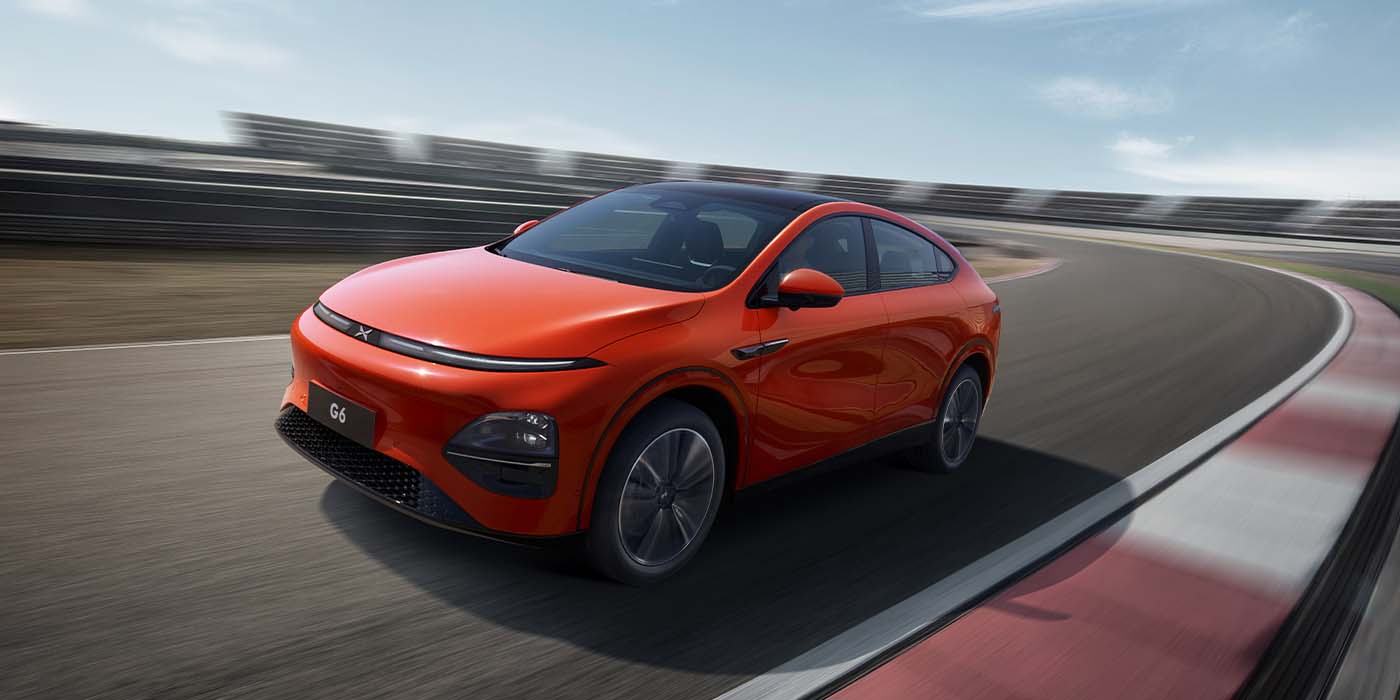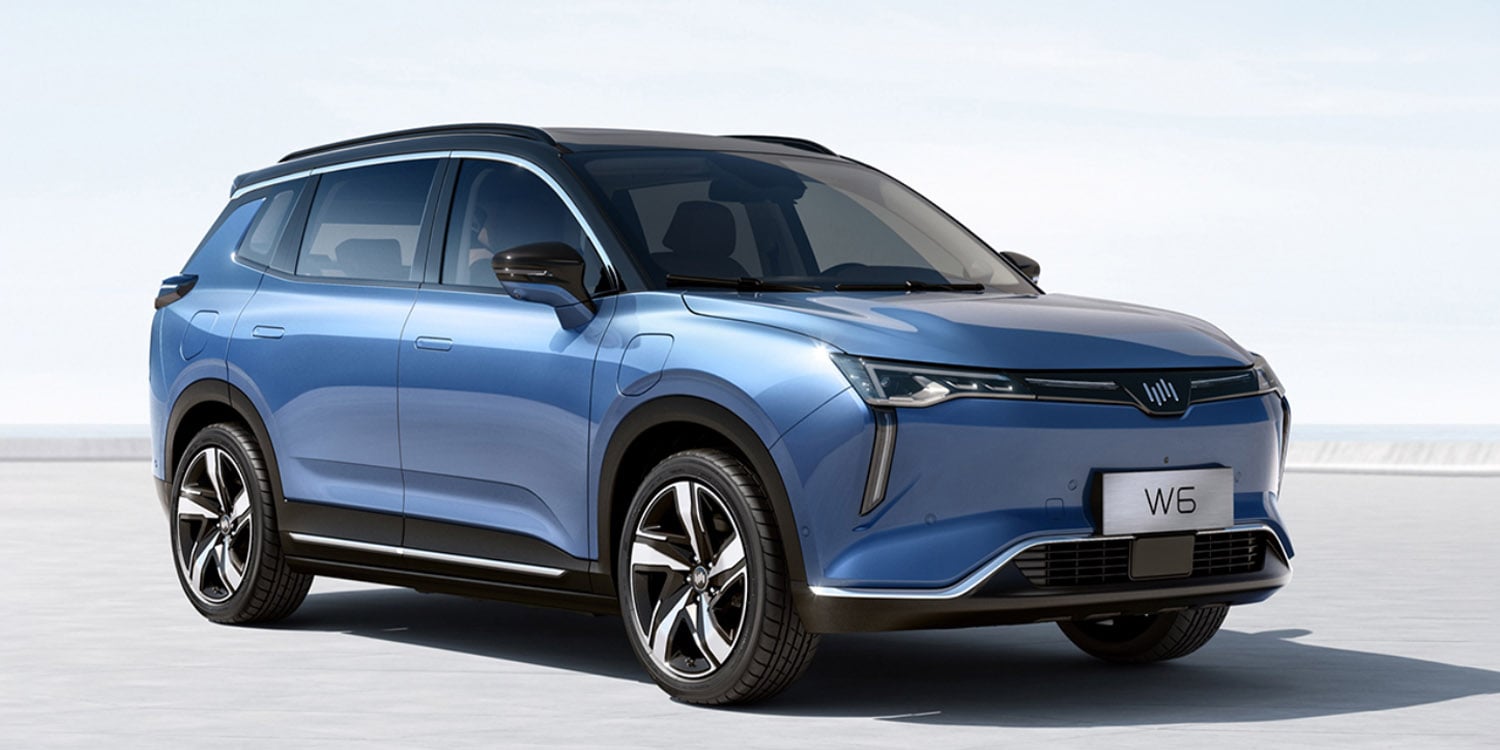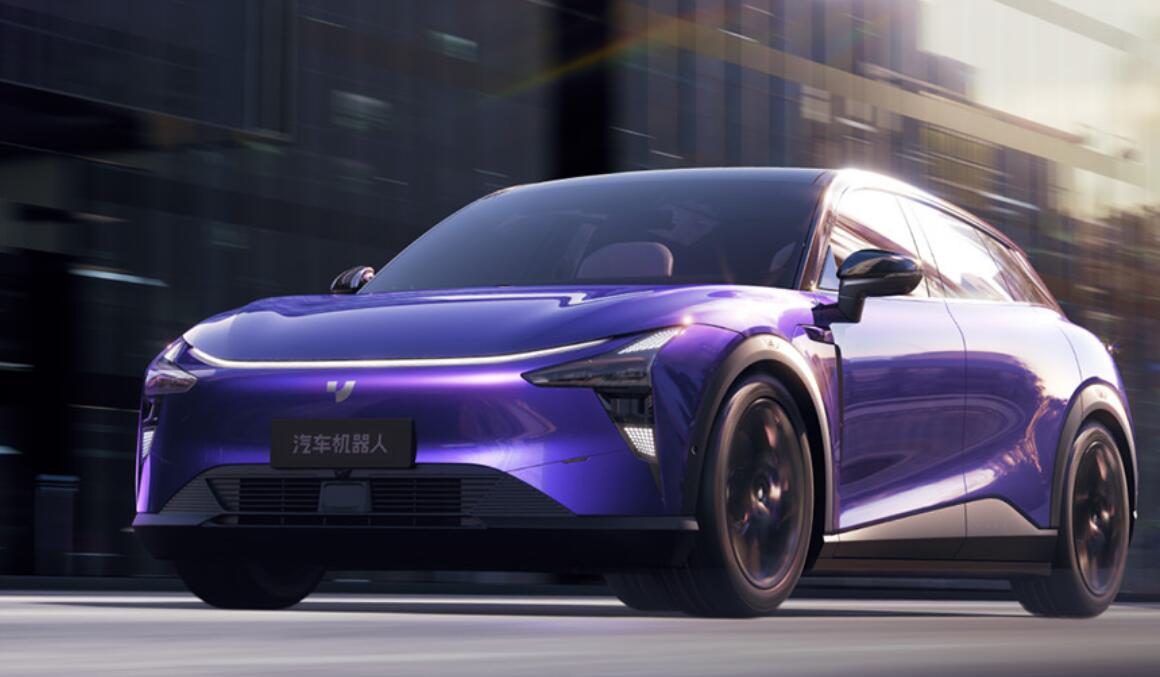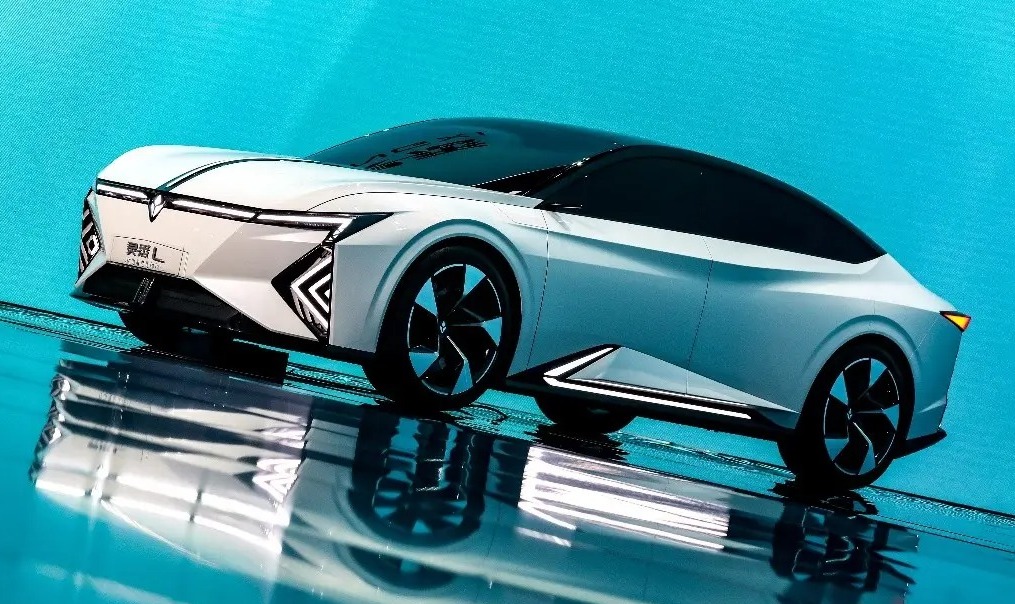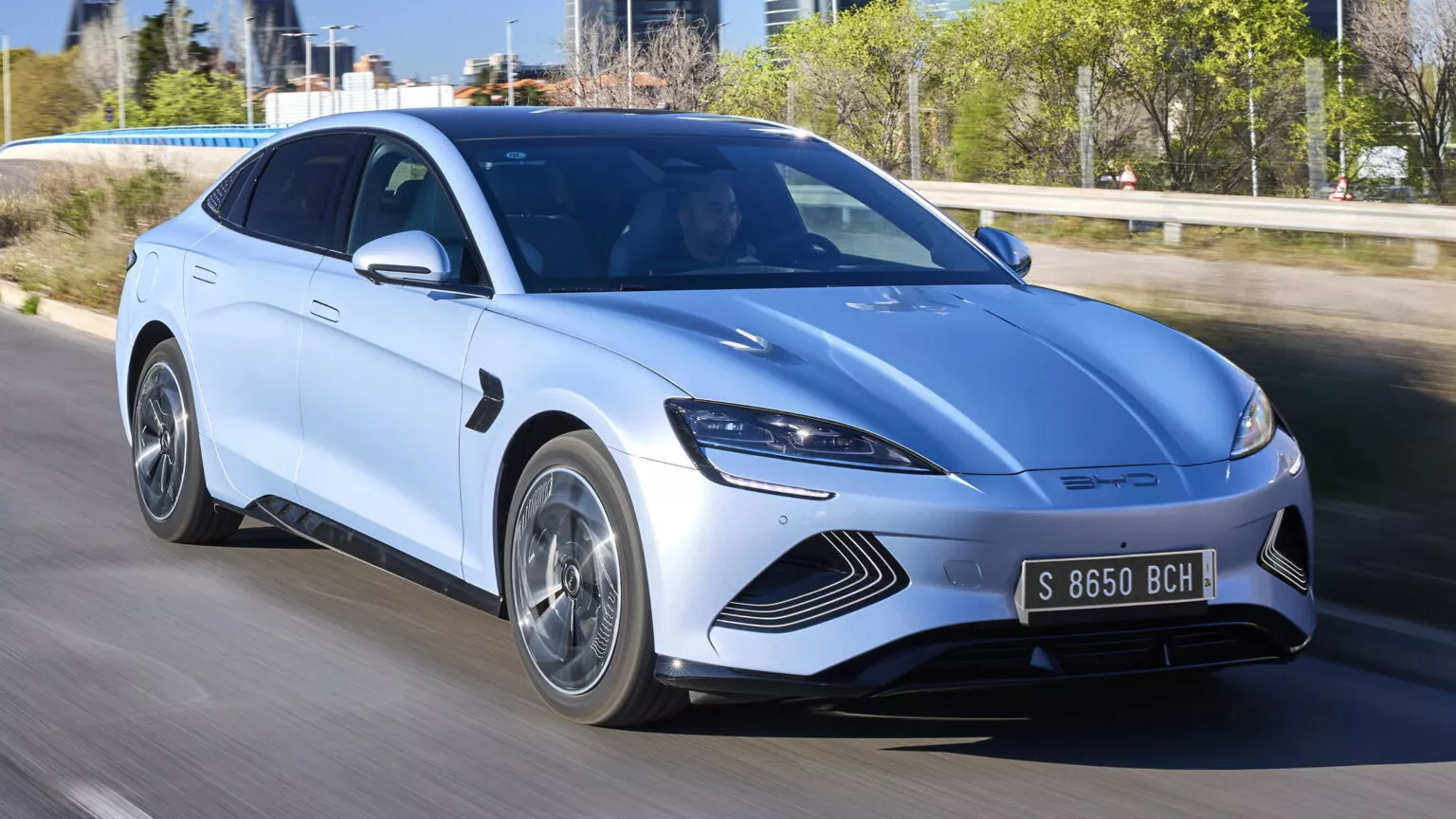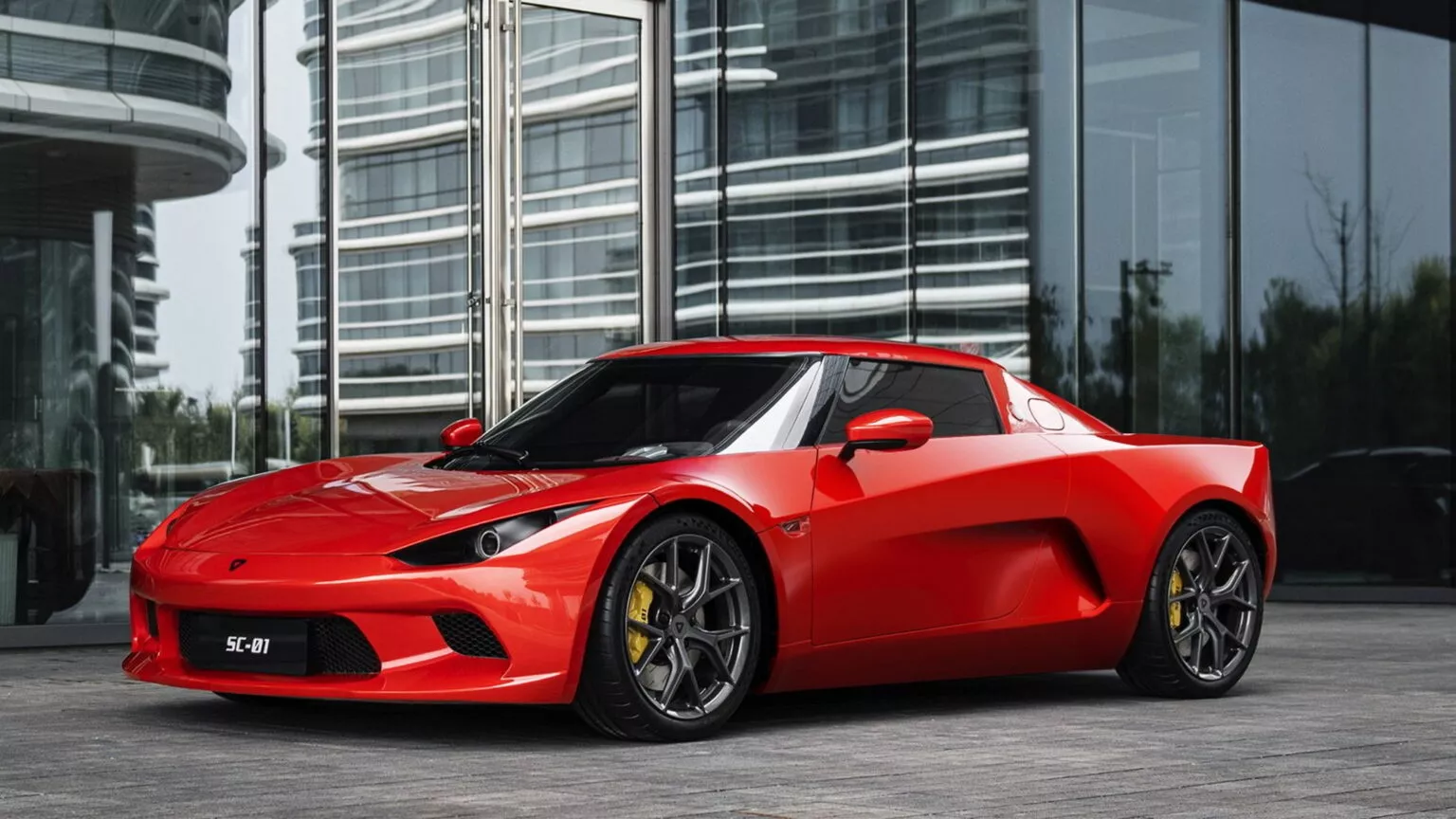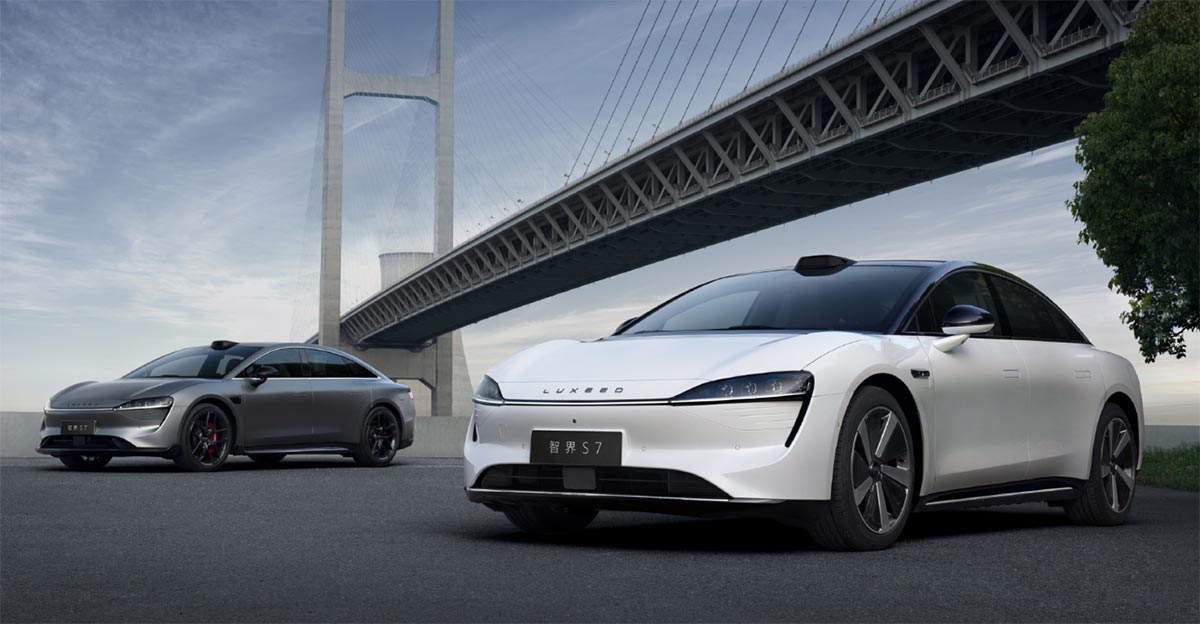China has called on the European Union (EU) to initiate a constructive dialogue following the EU’s recent announcement of an anti-subsidy investigation into electric vehicles (EVs) imported from China. In response to the EU’s move, the Chinese Ministry of Commerce expressed “high concern and strong dissatisfaction” during a question-and-answer session.
According to the Ministry of Commerce spokesperson, China perceives the EU’s investigative measures as an attempt to safeguard its domestic industry under the guise of fair competition. The Chinese government categorizes this action as a clear instance of protectionism, which could potentially disrupt and distort the global automotive industry and supply chains, including those within the EU. Additionally, this development may strain economic and trade relations between China and the EU.
See also: EU Launches Investigation into Chinese Electric Vehicle Subsidies Amid Market Concerns
China emphasized that its EV industry has achieved significant growth and enhanced competitiveness through continuous scientific and technological innovation, as well as the establishment of comprehensive industrial and supply chains. These achievements, the ministry asserted, are a product of hard work and self-reliance and have garnered favor among global users, including consumers in the EU. Furthermore, China’s EV sector has played a pivotal role in addressing climate change and fostering green transformation, aligning with the EU’s environmental goals.
Highlighting the extensive cooperation and common interests shared by China and the EU in the automotive industry, the ministry underscored the deep-rooted nature of their partnership. It pointed out that many EU automotive companies have long invested in and operated within China, with the Chinese market becoming a key overseas market for them. China expressed its continued openness and willingness to welcome EU automotive firms to expand their investments in China, especially in the EV sector.
China urged the EU to engage in dialogues and discussions aimed at preserving the stability of global industrial and supply chains, as well as maintaining the overall China-EU comprehensive strategic partnership. It called for the creation of a fair, non-discriminatory, and predictable market environment that would facilitate joint development of the EV industry in both China and Europe. Additionally, China advocated for joint efforts against trade protectionism and collaboration on global initiatives to combat climate change and achieve carbon neutrality.
See also: UBS Analysts Impressed by BYD’s Seal Electric Sedan, Pose a Challenge to Tesla’s Dominance
The Chinese government affirmed its commitment to closely monitoring the EU’s stance on protectionism and its subsequent actions while pledging to firmly protect the legitimate rights and interests of Chinese companies.
European Commission President Ursula von der Leyen announced the investigation into Chinese EVs, citing artificially low prices resulting from state subsidies that have been distorting the EU market. She also emphasized the importance of maintaining open lines of communication and dialogue with China, recognizing that opportunities for cooperation still exist in various areas.

